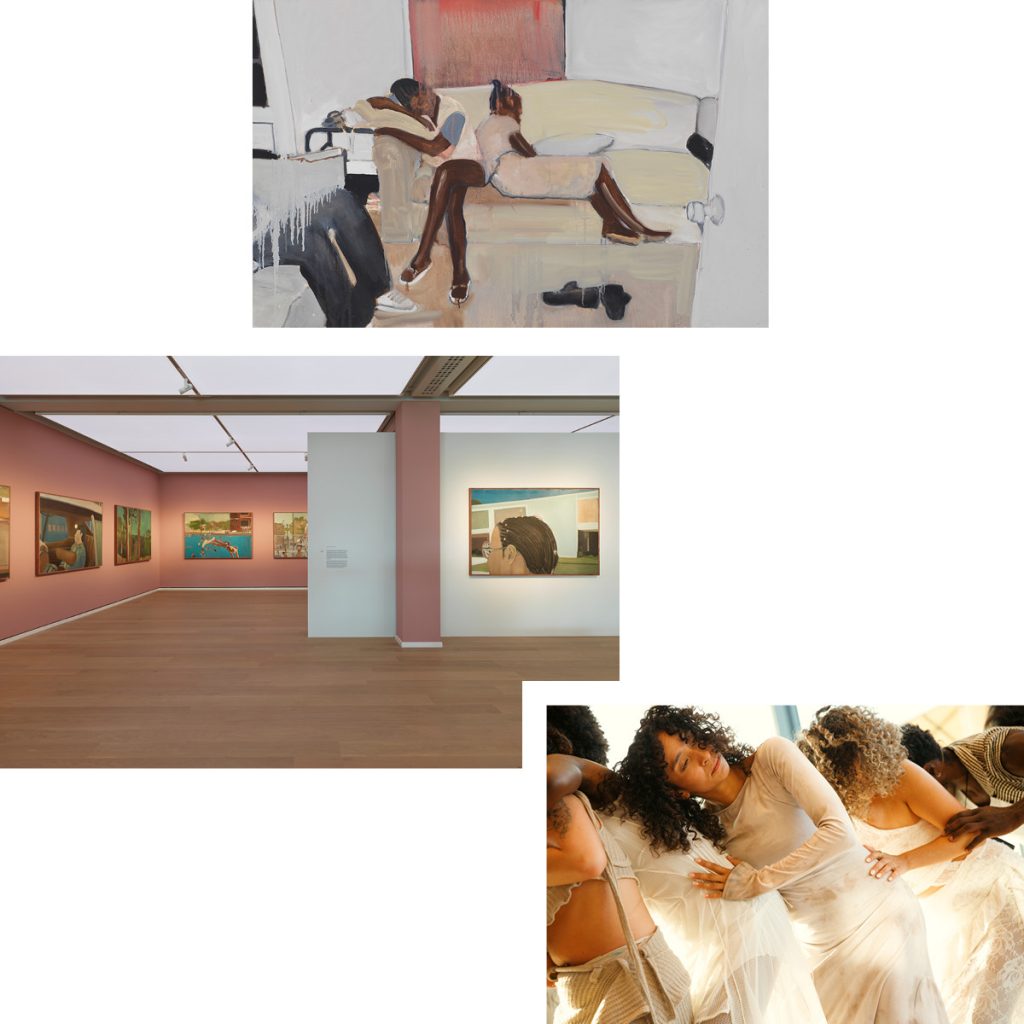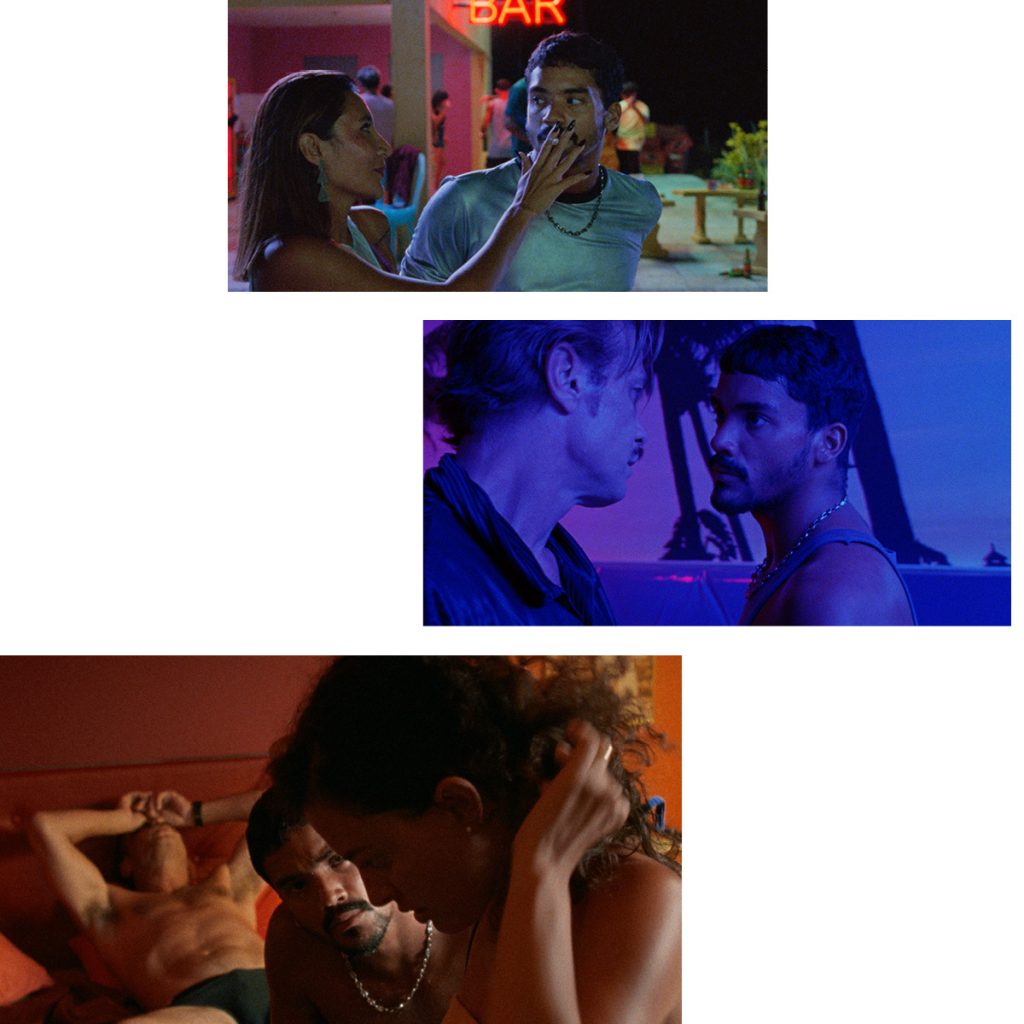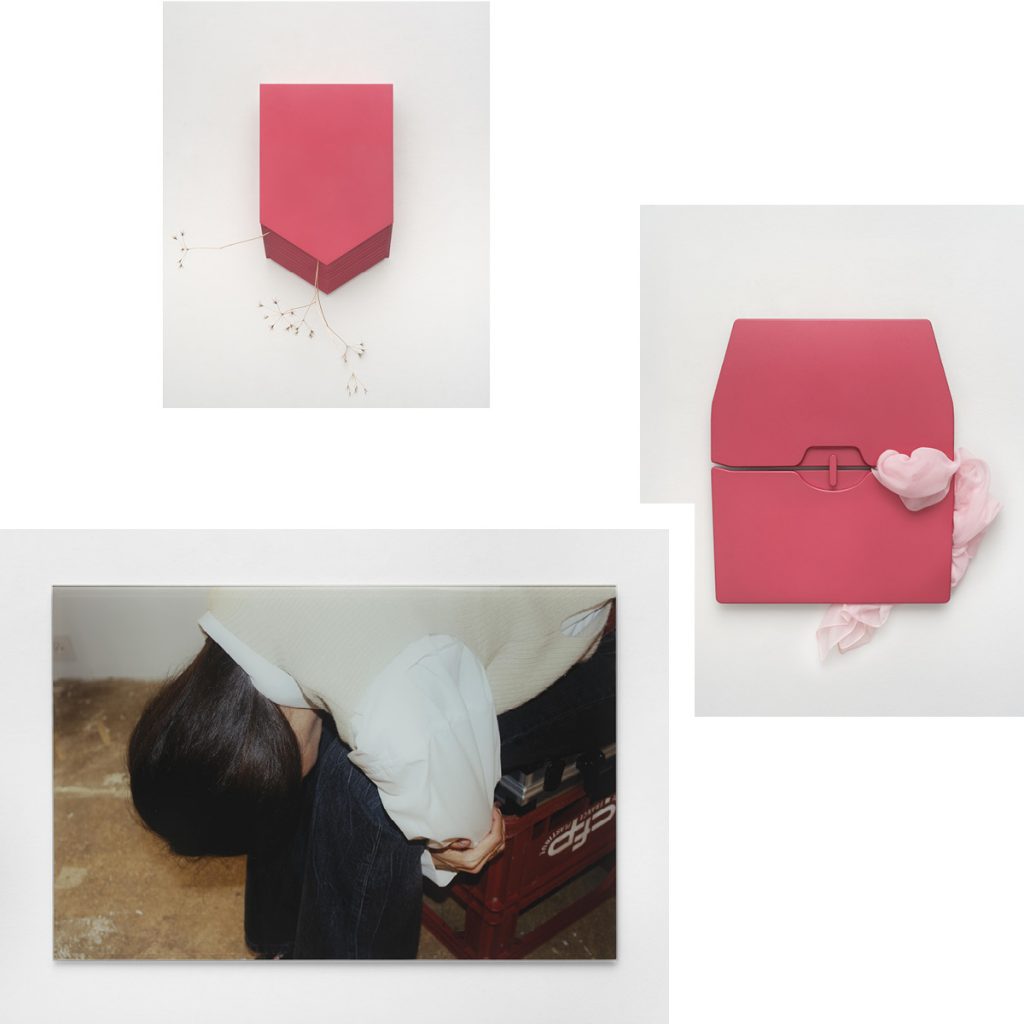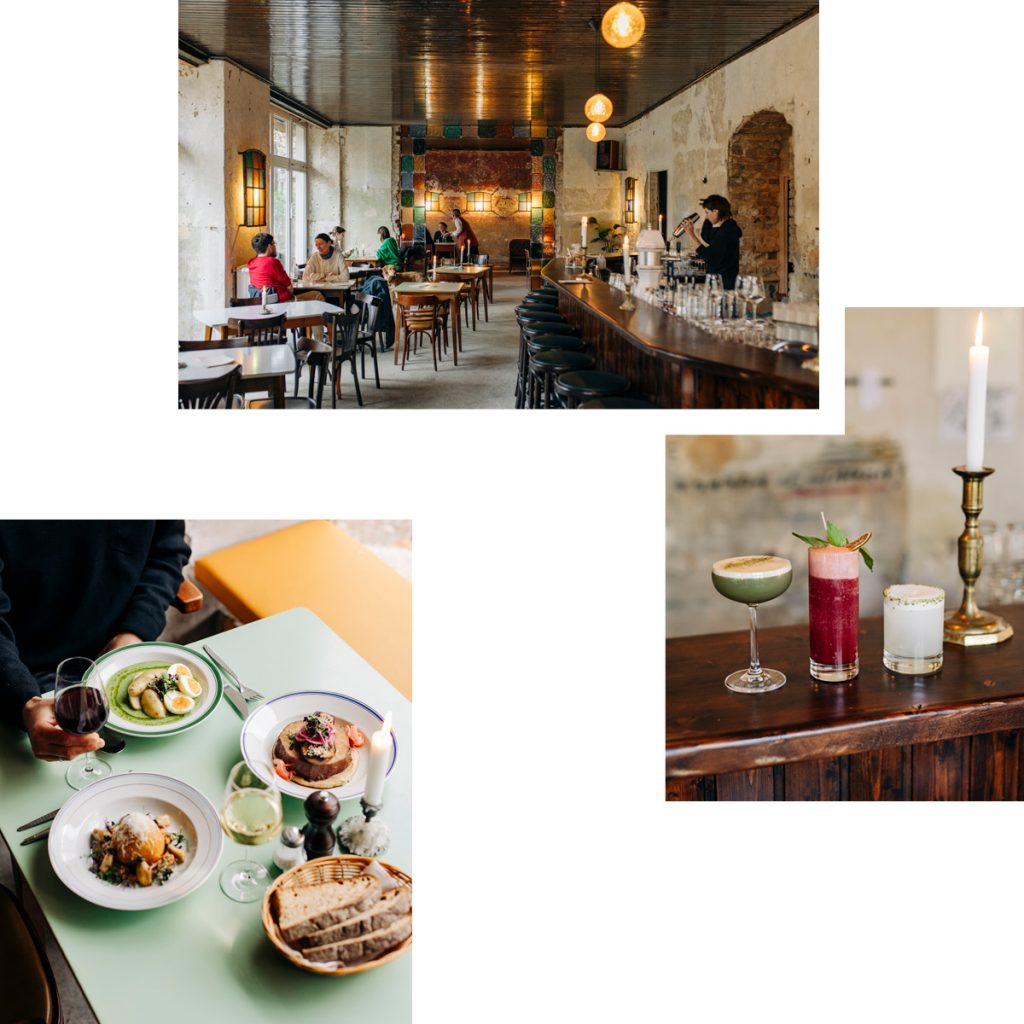Cee Cee is a weekly email magazine with hand-selected recommendations for Berlin and beyond. Every now and then you’ll find paid posts as part of the newsletter, marked as “Sponsored Posts”. Subscribe here to receive Cee Cee every Thursday and follow us on Facebook and Instagram for more tips!


On the FC Viktoria 1889 Berlin’swebsite, there’s a small tab labeled “Women”. It could be said that this tab reflects the real-world dynamics of women’s soccer. As the 1st women’s team proudly states, “We are independent and not the men’s B team.” Their page can be accessed directly, without navigating through the men’s section. Their strong online presence, with the bold statement “Here to change the game,” highlights their fight for recognition, their commitment to equal rights, and their desire to reshape society’s perception of women’s sports. But above all, like any team, their goal is promotion to the Bundesliga. The next step is advancing to the second division. To support the “Game Changer Club,” you can cheer them on at their next match on Saturday (16.11) against Hertha BSC. The “Himmelblauen” will face the “Blau-Weißen” at their home stadium in Lichterfelde — an exciting derby in the Regionalliga! Tickets are available via this link. Bring your sisters, brothers, and friends. Let’s fill the stadium!
Text: Emma Zylla / Photos: Kai Heuser
FC Viktoria Berlin, Krahmerstr.15, 12207 Berlin–Lichterfelde; map
FC Viktoria Berlin gegen Hertha BSC 16.11.2024 14h
@fcviktoriaberlin
@viktoriaberlin


Noah Davis painted scenes of everyday life, yet his work appears dreamy, otherwordly. The veiled gazes of his models, the cloudless skies, and the windowless façades imbue his works with a blend of languid beauty and sense of uncanny — like being in a dream where you’re unsure if you’re truly asleep. The settings are at once domestic and unsettling. Davis visited flea markets and combed through private archives and family photos to find his motifs. His paintings often depict people of color in public swimming pools, street scenes, and at home on the sofa. Davis stated that his work is not political (it might be perceived as such because he portrays Black people in everyday situations). He makes normality the protagonist, infusing it with a sense of magic. Since September 2024, Das Minsk has been hosting his first institutional retrospective, in collaboration with the Barbican in London and the Hammer Museum in Los Angeles, Davis’s home city. The exhibition — arranged chronologically — features 60 works from his entire oeuvre, including previously unseen paintings, works on paper, and sculptures. It showcases Davis’s tireless creativity from 2007 until his untimely death in 2015. The performance “In Circulation” will premiere alongside the exhibition, featuring seven singers performing across genres such as jazz, neo-soul, experimental electronics, and dance. The piece explores the cyclical nature of life.
Text: Inga Krumme / Photos: Ladislav Zajac & Stefan Wieland / Credit: Noah Davis, Installation view of the exhibition Noah Davis, DAS MINSK Kunsthaus in Potsdam 2024, The Estate of Noah Davis; Courtesy The Estate of Noah Davis and David Zwirner; Noah Davis, Untitled, 2015; The Museum of Modern Art, New York; Gift of Marie-Josée and Henry R. Kravis in honor of Jerry Speyer’s 80th birthday, 2020; Geburtstages von Jerry Speyer, 2020; The Estate of Noah Davis; Courtesy The Estate of Noah Davis und David Zwirner
Das Minsk Kunsthaus in Potsdam, Max–Planck–Str.17, 14473 Potsdam; map
Noah Davis until 05.01.2024. In Circulation 22. & 23.11.2024
@dasminsk


November gray, Berlin gray — everything gray? How lucky we are to have cinemas. And how fortunate there are still films that must be experienced on the big screen, like those by the Algerian-French-Brazilian director Karim Aïnouz. His new film, the mesmerizing tropical neo-noir “Motel Destino,” premieres in German cinemas today (14.11.2024). Amid the bright neon lights and vast expanse of the northern Brazilian sky, Aïnouz draws us into a world that is as seductive as it is perilous, as vibrant as it is shadowy. The story follows young Heraldo, who, after a failed robbery, finds himself adrift and seeking refuge. What begins as a simple hiding place transforms into a microcosm of human desires and power struggles. The enigmatic motel owner, Elias, sees Heraldo as nothing more than cheap labor, while his wife, Dayana, sees a chance at the freedom she desperately craves. Aïnouz stages this love triangle like a dance on a volcano, capturing the simmering tension and unspoken emotions. Hélène Louvart’s cinematography captures every bead of sweat, every lingering glance, and every open pore with stunning intimacy. The actors Igor Xavier, Nataly Rocha and Fabio Assunção deliver such powerful performances, blurring the lines between longing and despair.
Aïnouz uses the remote motel as a metaphor for Brazilian society – a powder keg on the verge of explosion after years under Bolsonaro’s rule. The characters are not heroes but marginalized figures, each desperately searching for an escape. Their bodies become canvases on which their hopes and fears are displayed; every touch and every gaze is laden with meaning. “Motel Destino” is a film that stays with us long after the credits roll, forcing us to reflect on the boundaries of morality and desire, and reminding us how thin the veneer of civilization is. Equally mesmerizing and unsettling, Aïnouz captivates the audience while maintaining a certain distance. “Motel Destino” is not an easy film, but it reminds us why we go to the movies: to be moved, provoked and challenged – to escape, if only for two hours, from the grayness of the city, the world and this season.
Text: Alina Herbel / Credit: Santoro
Motel Destino
The film will be shown in the following cinemas from 14.11.2024: fsk Kino, Neues Off, Filmtheater am Friedrichshain, Rollberg Kinos, delphiLUX, and Il Kino.
@piffl_medien


On average, a person spends 374 days of their life waiting: at the train station, in traffic jams, during the pre-takeoff phase on an airplane. We wait in anonymous places — not by choice, but because we must. These are spaces without identity, liminal spaces, their only purpose is to lead us to our actual destinations. In her new exhibition at Office Impart, opening Friday (15.11.2024), Lena Marie Emrich explores these “non-places” as fragments. She gives them form and isolates them, making the invisible visible. Inspired by the poem “A Place on the Train” (2002) by Palestinian author Mahmoud Darwish, Emrich illustrates how train stations and departure halls are more than faceless portals. Darwish writes, “All the passengers return to their families. But we do not return to any home.” There is no false romanticism in his words, nor in Emrich’s work.
Both focus on themes of pain and loss. In Emrich’s pieces, this is evident in the cold functionality of folding tables, reminiscent of those found in train compartments and airplane cabins. Emrich exaggerates their casual appearance by refining the surfaces, transforming these inconspicuous objects into symbols of arrival, departure, and a state of liminality. This feeling is further conveyed in her portraits of performance artist Bianca Lee-Vasquez, who assumes the “Brace Position” (the pose that gives the work its title). The position, familiar with airline safety demonstrations, is one few have needed to adopt in real life. Yet this pose signifies more than mere protocol: it is part of a safety demonstration that most passengers overlook, viewing it as another mindless task that must be done before takeoff, even though it may be life-saving.
Text: Laura Storfner / Credit: Lena Marie Emrich
Office Impart, Waldenserstr.2–4, 10551 Berlin–Moabit; map
Lena Marie Emrich – Brace, Brace 15.11.–10.01.2025. Opening 15.11.2024 18–21h.
@office_impart
@lenamemrich

 ANMELDUNG
ANMELDUNG



